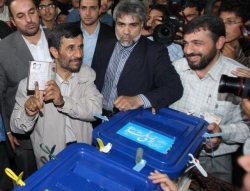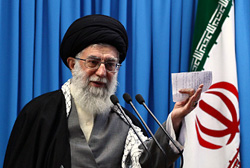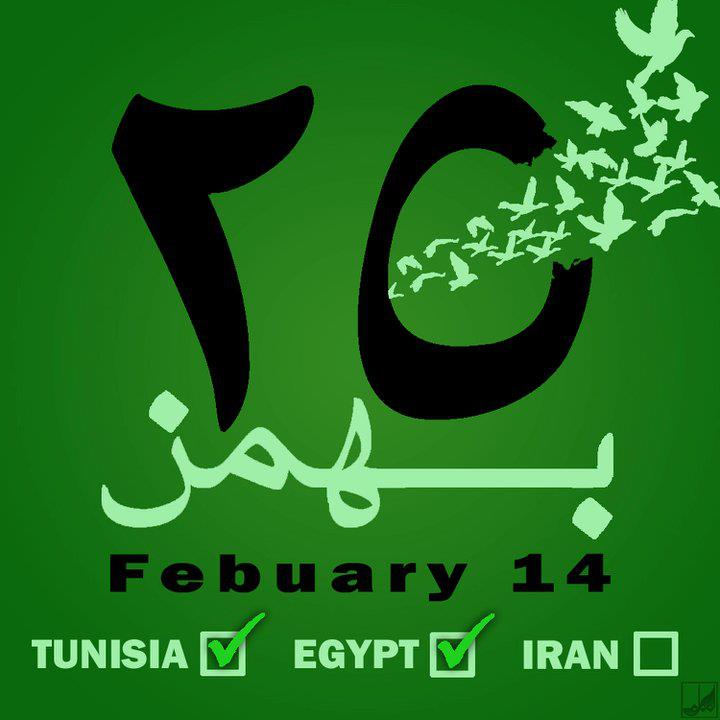The Latest from Iran (5 March): The Election? So Far, It's a Muddle
See also Iran Opinion: Why Iranians Voted in the 2012 Elections
Iran Elections Snapshot: The #1 Subversive Moment "They're All the Same"
Iran Snap Analysis: Rearranging the Political Chairs --- What Has Changed?
The Latest from Iran (4 March): The Play-Acting of the Election
 1747 GMT: Oil Watch. Industry sources say India's largest customer for Iranian oil plans to cut daily imports by almost 50%.
1747 GMT: Oil Watch. Industry sources say India's largest customer for Iranian oil plans to cut daily imports by almost 50%.
State-run Mangalore Refinery and Petrochemicals Ltd could reduce imports to as little as 80,000 barrels per day from 1 April, the sources said. MRPL usually buys 150,000 bpd.
The report is further evidence that while New Delhi publicly says it will not comply with US-led, the Indian Government has privately instructed refineries to cut imports.
India, China and Japan buy almost half of Iran's estimated 2.6 million barrels per day of oil exports,
 Ali Larijani,
Ali Larijani,  Alireza Beheshti,
Alireza Beheshti,  American Israel Public Affairs Committee,
American Israel Public Affairs Committee,  Amir Mirzaei Hekmati,
Amir Mirzaei Hekmati,  Ayatollah Seyyed Mohammad Hosseini Beheshti,
Ayatollah Seyyed Mohammad Hosseini Beheshti,  Fakhrosaadat Mohtashamipour,
Fakhrosaadat Mohtashamipour,  Gholam Hossein Mohseni Ejei,
Gholam Hossein Mohseni Ejei,  Hassan Ghafouri Fard,
Hassan Ghafouri Fard,  Mir Hossein Mousavi,
Mir Hossein Mousavi,  Mostafa Mohammad Najjar,
Mostafa Mohammad Najjar,  Mostafa Tajzadeh,
Mostafa Tajzadeh,  Soulat Mortazavi
Soulat Mortazavi 

